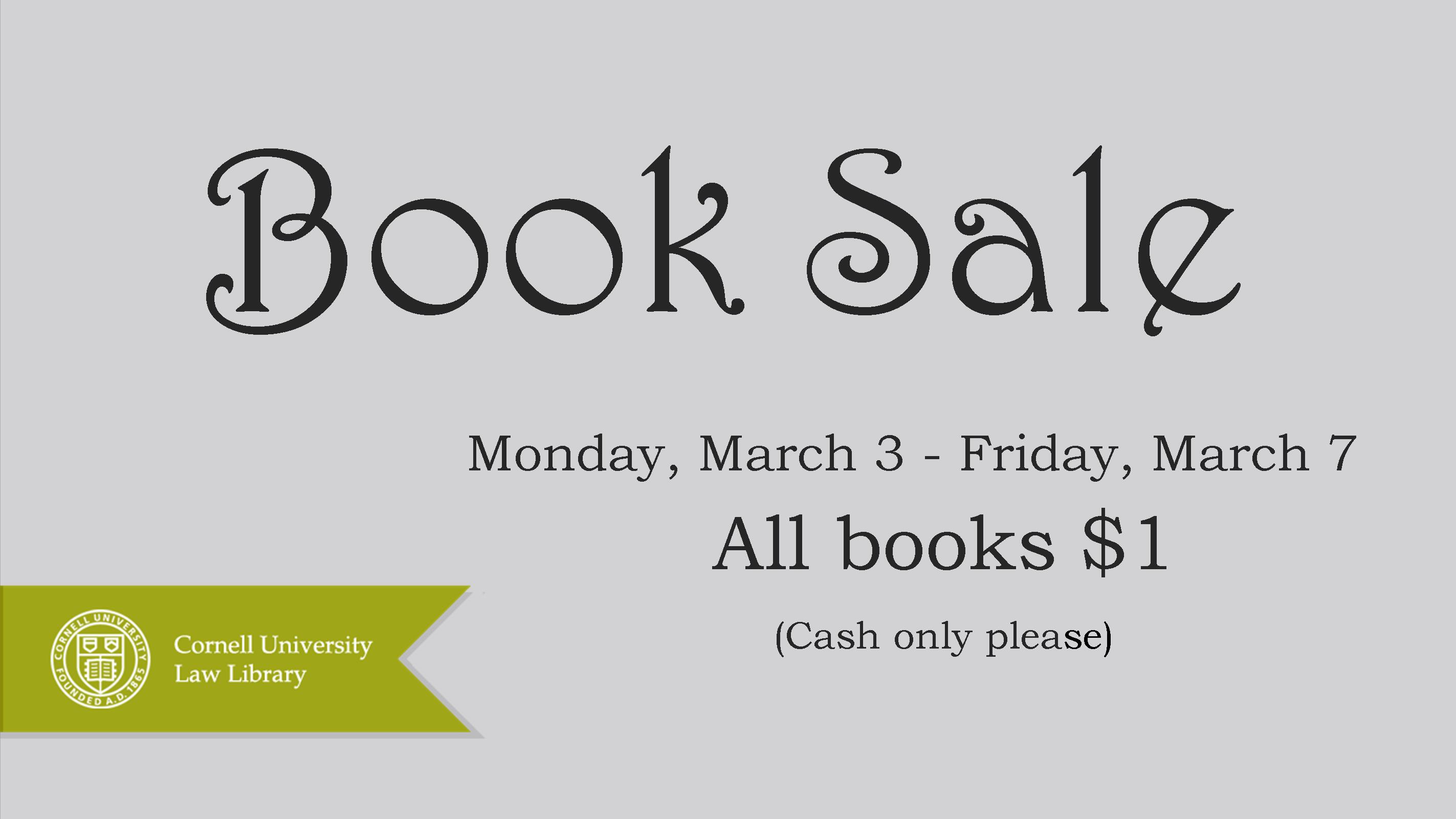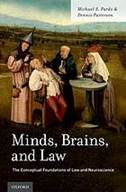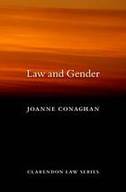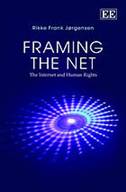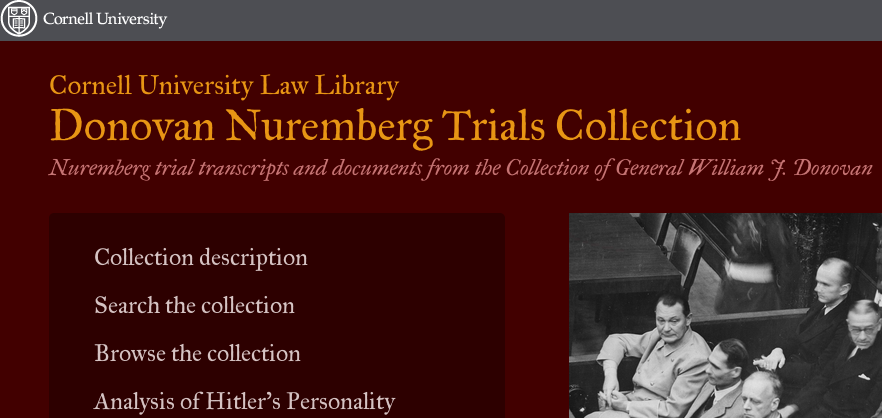 As the Cornell Law School mourns the death of Professor Theodore Eisenberg, the Law Library is taking a moment to feature his groundbreaking legal scholarship.
As the Cornell Law School mourns the death of Professor Theodore Eisenberg, the Law Library is taking a moment to feature his groundbreaking legal scholarship.
A pioneer in the field of empirical legal studies, the uniqueness of his scholarship was equally matched by his productivity, authoring or coauthoring over 125 scholarly articles and writing or contributing to over 20 books. Additionally he founded the Journal of Empirical Legal Studies in 2004, which is consistently regarded as one of the most influential publications in the field.
Many of Professor Eisenberg’s works are currently featured on our Scholarship@Cornell Law repository, where his use of statistical methodology to gain new insights into punitive damages, capital juries and myriad of other diverse topics is on full display and serves as a tribute to the legacy of one of Cornell Law’s true intellectual and creative forces.
The library has recently acquired the EBSCOhost database Criminal Justice Abstracts with Full Text. The database features close to 500,000 records from the most influential publications in the discipline, including full text for nearly 300 journals and magazines, according to the publisher.
The database may be used by all Cornell students, faculty, and staff both on and off campus with the link given above.
Questions? Contact Nina Scholtz, Digital Resources Librarian, or Law Library Reference.
Today we’re featuring one of the most recent additions to our repository with Professor Charles K. Whitehead’s January 2014 article “Lawyers and Fools: Lawyer-Directors in Public Corporations” appearing in the Georgetown Law Review and co-authored with Lubomir P. Litov and Simone M. Sepe of the University of Arizona.
From the abstract:
The accepted wisdom—that a lawyer who becomes a corporate director has a fool for a client—is outdated. The benefits of lawyer-directors in today’s world significantly outweigh the costs. Beyond monitoring, they help manage litigation and regulation, as well as structure compensation to align CEO and shareholder interests. The results have been an average 9.5% increase in firm value and an almost doubling in the percentage of public companies with lawyer-directors.
This Article is the first to analyze the rise of lawyer-directors. It makes a variety of other empirical contributions, each of which is statistically significant and large in magnitude. First, it explains why the number of lawyer-directors has increased. Among other reasons, businesses subject to greater litigation and regulation as well as firms with significant intangible assets, such as patents, value a lawyer-director’s expertise. Second, this Article describes the impact of lawyer-directors on corporate monitoring. Among other results, it shows that lawyer-directors are more likely to favor a board structure and takeover defenses that potentially reduce shareholder value—balanced, however, by the benefits of lawyer-directors, such as the valuable advice they can provide. Finally, this Article analyzes the significant reduction in risk-taking and the increase in firm value that results from having a lawyer on the board.
Our findings fly in the face of requirements that focus on director independence. Our results show that board composition—and the training, skills, and experience that directors bring to managing a business—can be at least as valuable to the firm and its shareholders.
For more on the latest scholarly articles from Professor Whitehead and the rest of the law school faculty visit the repository at Scholarship@Cornell Law.
Every month the Cornell Law Library adds new titles to its collection. The most recent additions for February 2014 are posted, here. A few highlights from this month’s additions are featured below.
Law and Gender – Joanne Conaghan
Framing the Net : The Internet and Human Rights – Rikke Frank Jørgensen
The law library is pleased to announce the launch of a newly redesigned platform for the Donovan Nuremberg Trials Collection website at: http://ebooks.lbrary.cornell.edu/n/nur/
The redesign features an improved interface, increased searchability and browsability, as well as the added ability to browse by witness.
The collection consists of nearly 150 bound volumes of Nuremberg trial transcripts and documents from the personal archives of General William J. Donovan (1883-1959). The Donovan papers contain both original statements from the defendants in German and typed translations in English prepared by the Allies.
Net neutrality has been back in the news in a big way following the D.C. Circuit Court’s decision in Verizon v. F.C.C. to strike down many key provisions of the agency’s open-internet rules. The decision was a monumental one, but far from then end of the debate with President Obama indicating Friday that he expects the FCC to revisit the issue in some fashion. The immediate fallout from the decision and what happens next remain to be seen, but in the meantime here’s a few links from around the web covering the issue from a variety of perspectives.
“Disruptions: Paying to Travel in the Internet’s Fast Lanes” – Nick Bilton- New York Times
“Calm Down. The Courts Didn’t Just End the Open Internet.” – Ezra Klein – Washington Post
“Netflix Neutrality: Court Ruling Won’t Boost Your Netflix Bill. Yet.” – Joan E. Solsman- CNET

